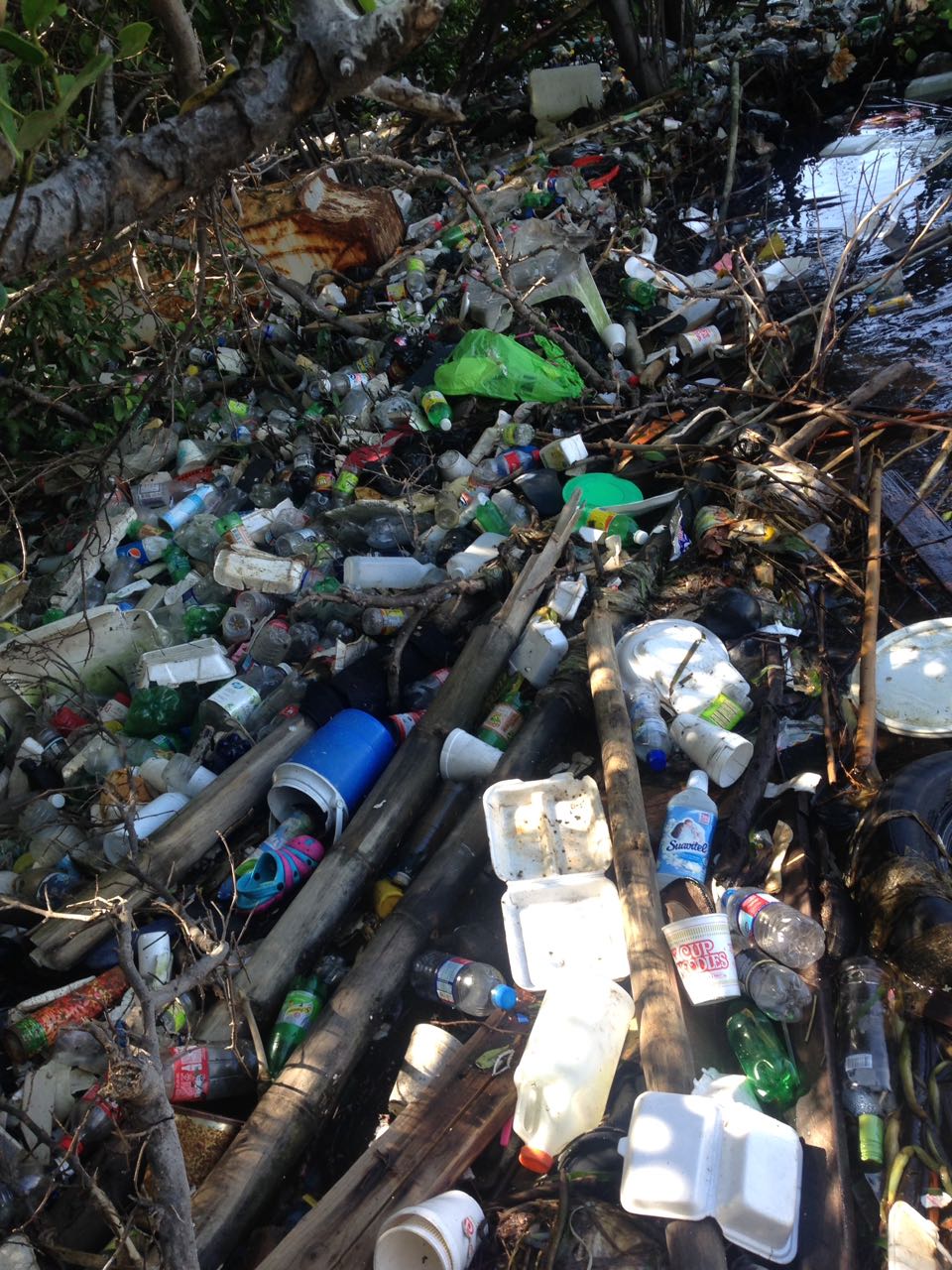
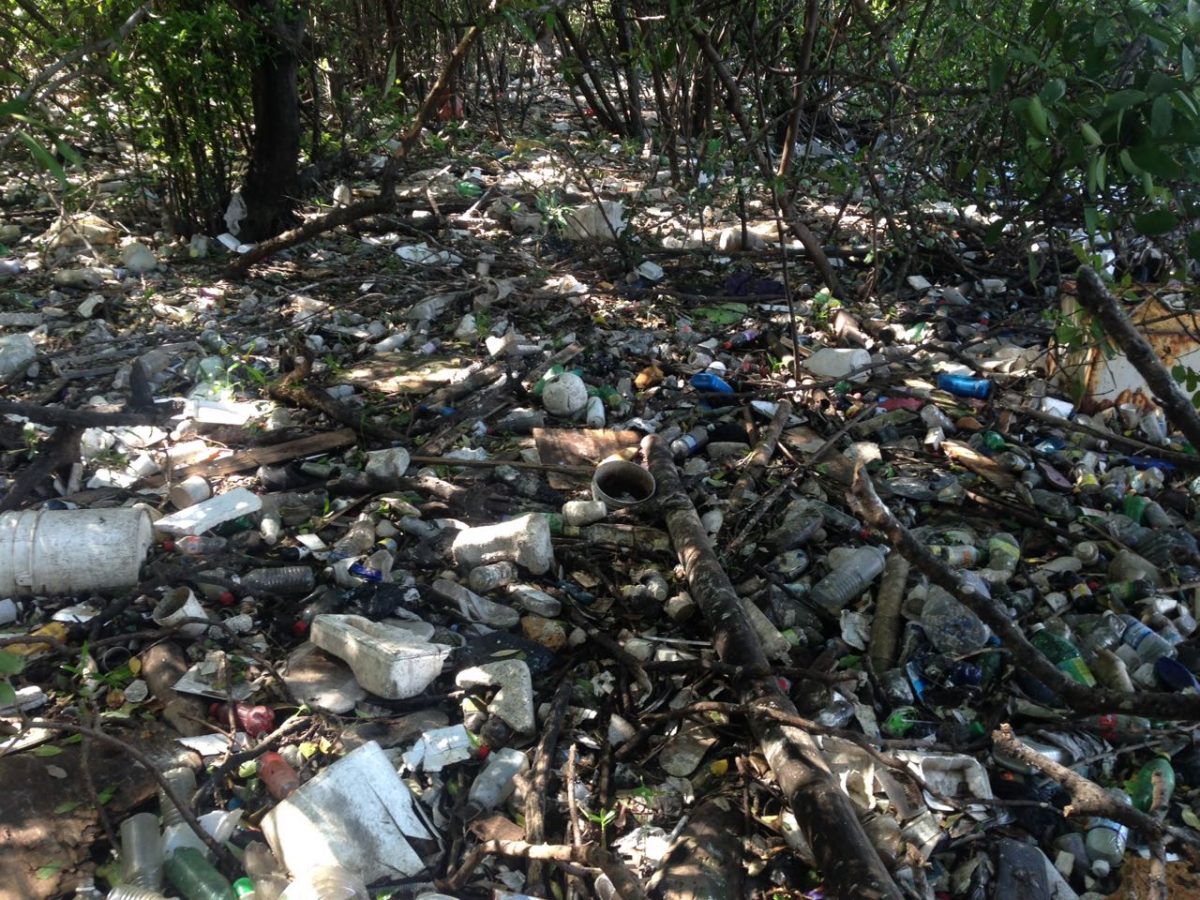
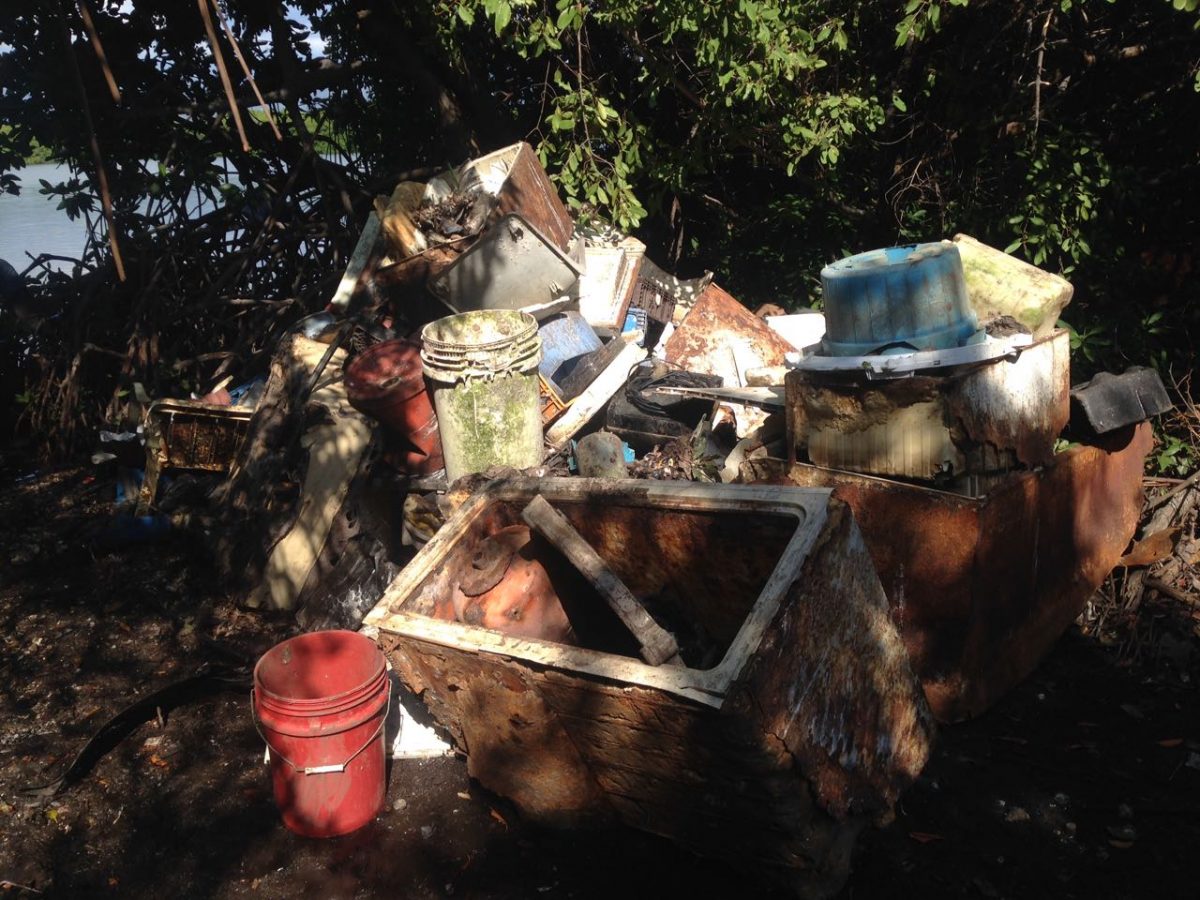
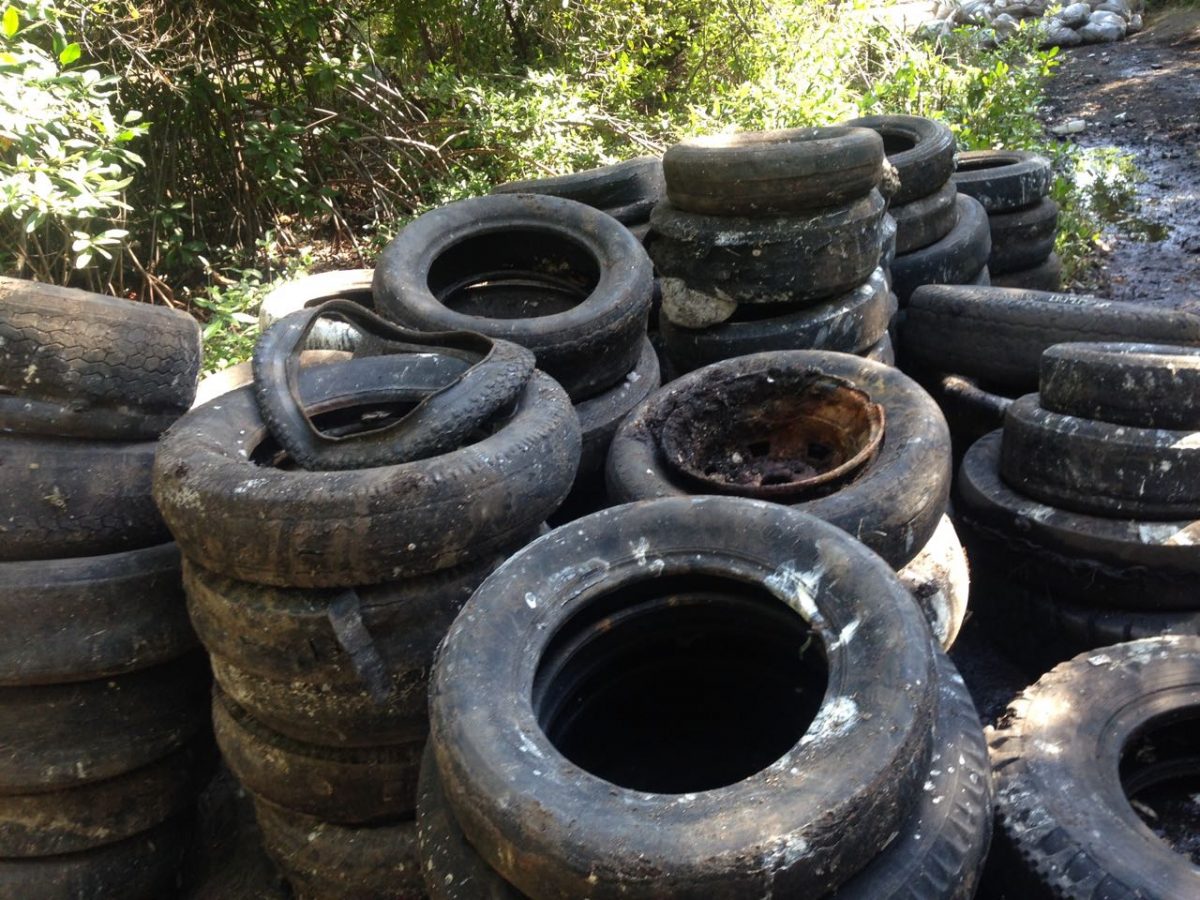
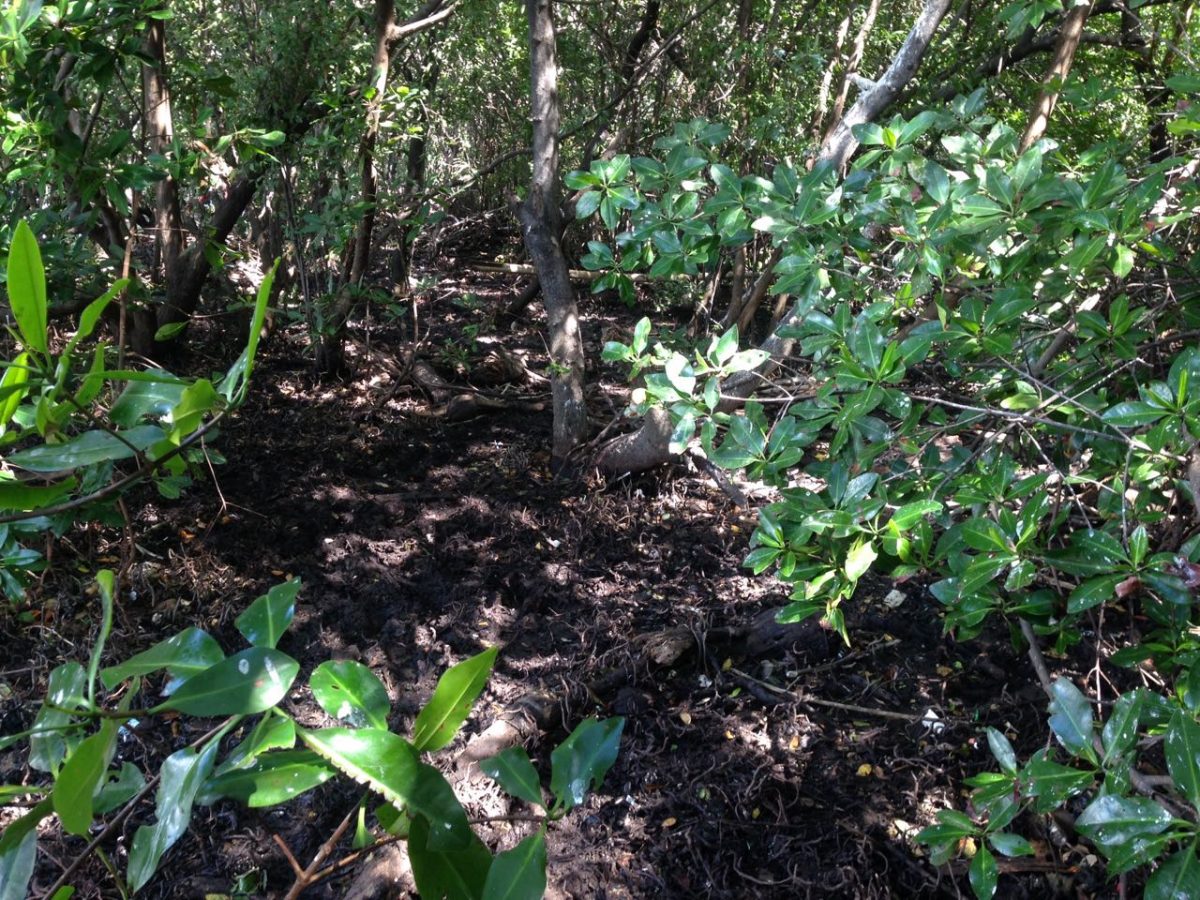
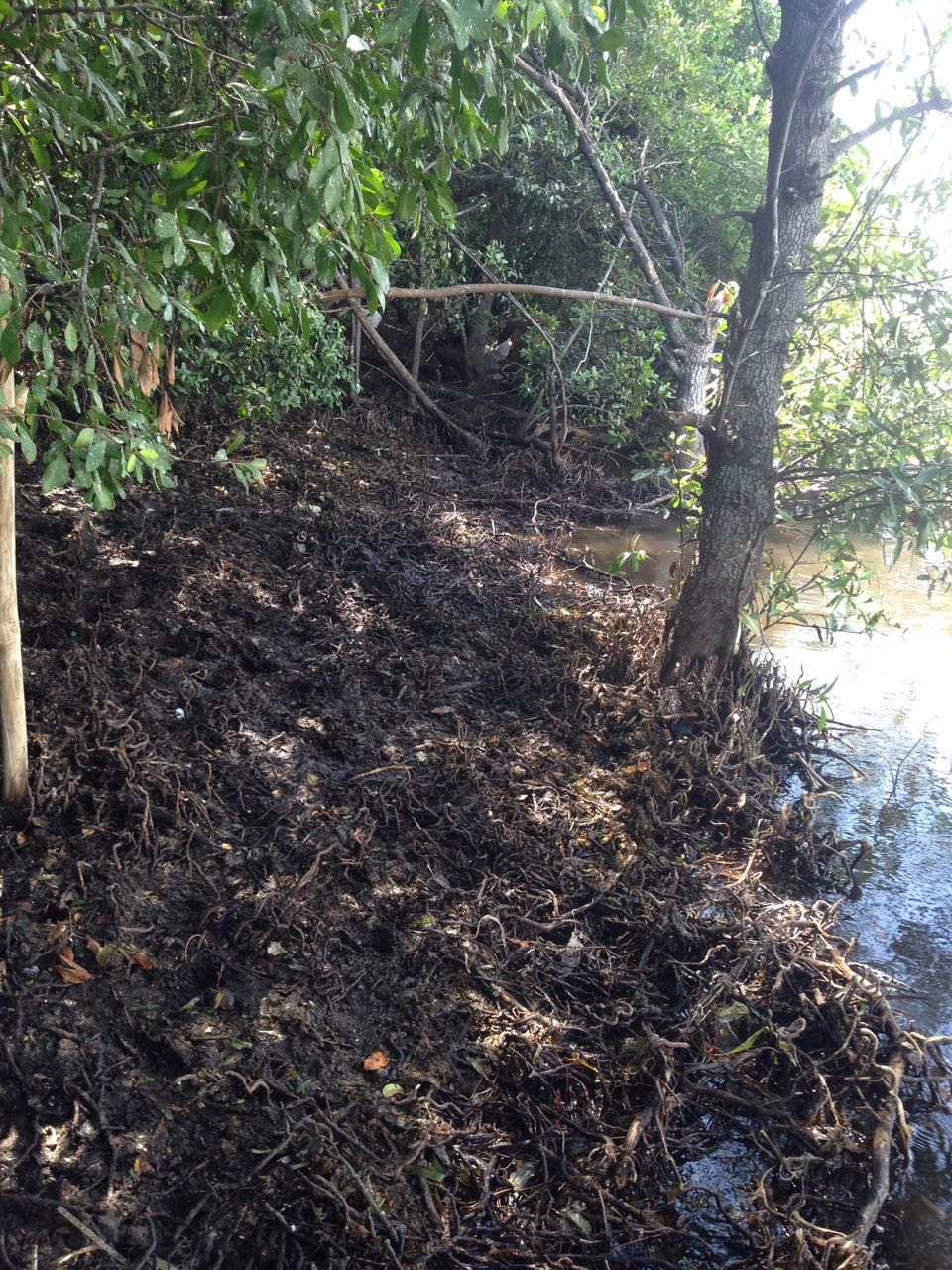
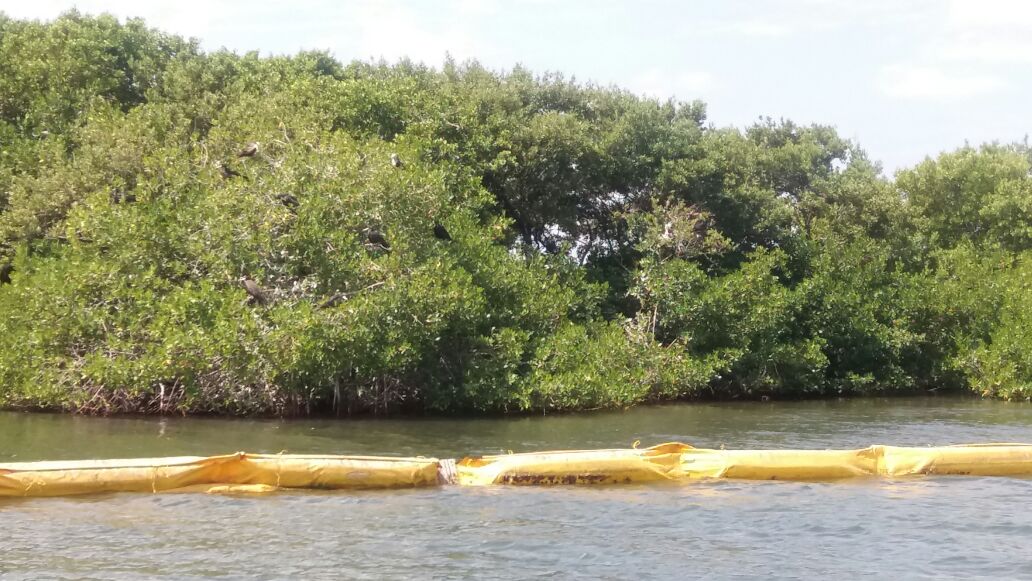
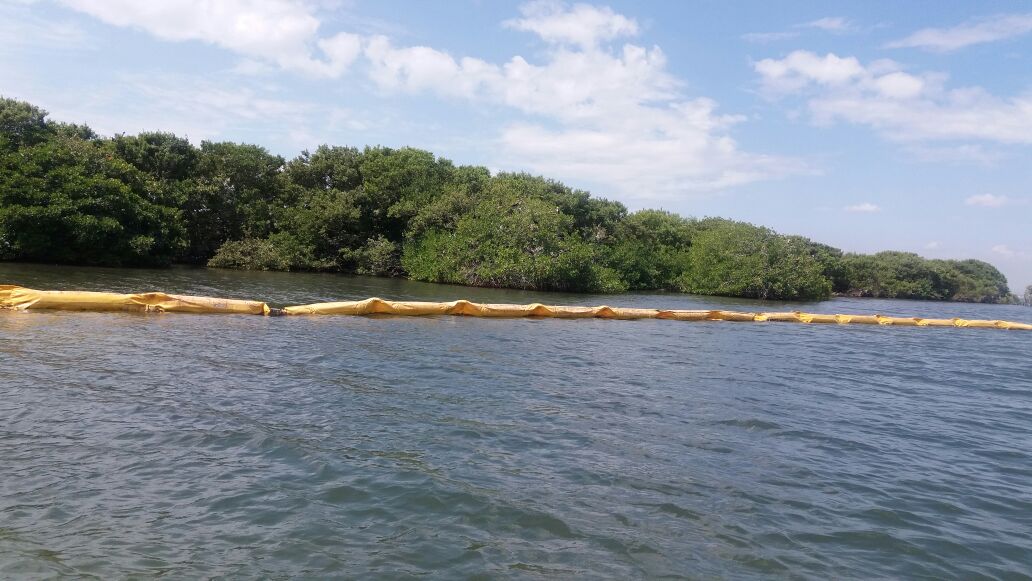
Kingston Freeport Terminal Limited joins efforts to end plastic pollution
April 23, 2018 by Trevesa DasilvaCSRKFTL
As millions across the globe observed World Earth Day on April 22nd under the theme “End Plastic Pollution,” Kingston Freeport Terminal Limited (KFTL) is reporting the removal of 8,299 bags of garbage, comprising mainly plastics, from the Refuge Cay mangroves in Kingston. This effort was the first phase of a cleanup and rehabilitation project sponsored by KFTL and executed by the University of the West Indies (UWI) Centre for Marine Sciences and the Port Royal Marine Laboratory. The cleaning started on January 8th 2018 and lasted 6 weeks.
In addition to the bags of garbage, other items cleared included 30 refrigerators, 13 cooking gas cylinders, five washing machines and over 50 tyres. Miscellaneous items such as car bumpers, crates, buckets, a scuba tank, nets, fishing lines and other small appliances were also removed.
The second phase of the project, the installation of barriers to prevent further garbage buildup on the Cay, was completed on March 23rd 2018. The third phase, which involves fisher folk removing garbage built up in the barriers on a monthly basis, commenced in April 2018; while the fourth phase, the replanting of mangrove saplings, is slated to begin in May 2018.
Following on these gains, KFTL has also commenced initiatives at its facility to help end plastic pollution. These include removing single-use plastic straws from its canteen and embarking on a recycling campaign, which will encourage staff to separate various waste streams, including plastic. Moreover, plans have been initiated to replace the company’s supply of styrofoam containers with bio-degradable alternatives.
Locally, the Recycling Partners of Jamaica reported that between March 2014 and March 2017, it recovered over 3.3 million pounds of plastics – or over 100 million bottles – from the environment in Jamaica. Meanwhile, according to the Earth Day Network, the organization that leads Earth Day observations worldwide, over 300 million tons of plastic are sold globally each year, 90% of which is thrown away.

